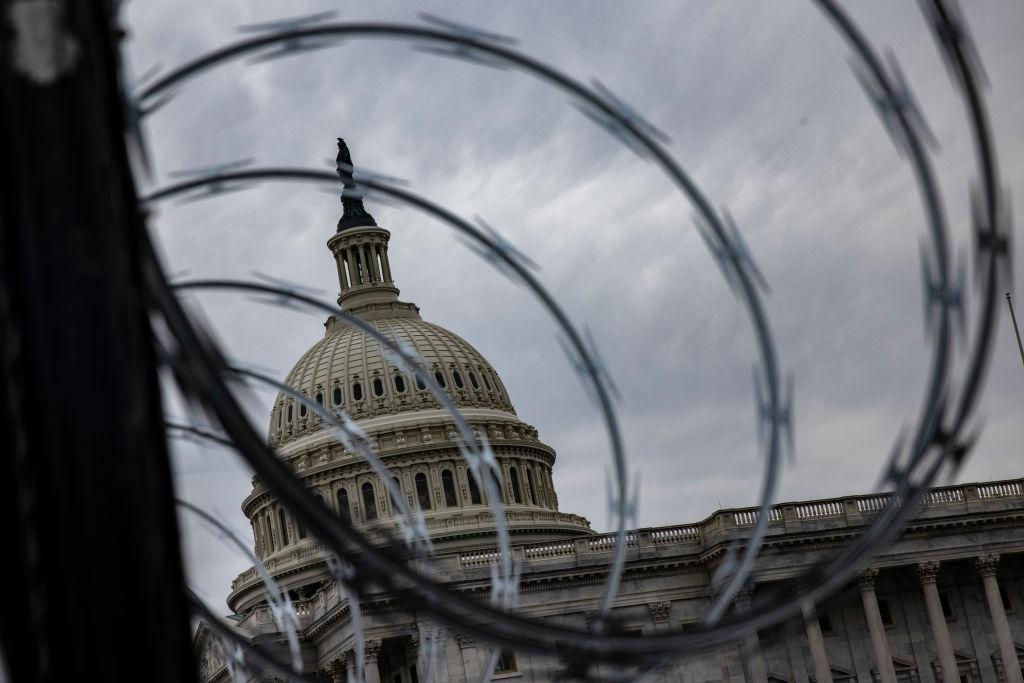Commentary
I still remember that beautiful spring afternoon a few years ago when my friend Rosemary and I sat on her porch next to a blooming azalea bush, chatting and waving to her neighbors. All of a sudden, Rosemary said, “You know, I really don’t care for Trump’s idea of building that border wall. What do you say?”



